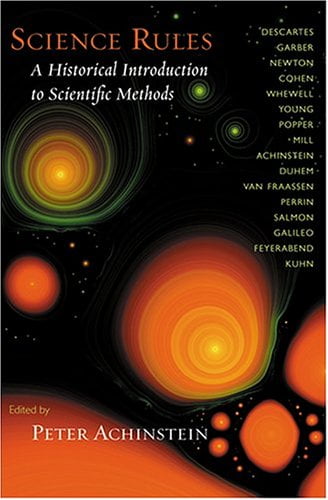Assuming a paradigm’s community desires consistency, their general paradigm will dictate specific rules for the community’s research (i.e., means for investigation and standards for evaluation; Kuhn, Scientific Revolutions 43, 48, 94; cf. Achinstein 413; Thiselton 711). Yet, these rules do not themselves provide coherence to a given tradition of normal science (Kuhn, Scientific Revolutions 44). Rather, these rules are interpretations of an antecedent paradigm that causes a given, normal-scientific tradition to cohere (Kuhn, Scientific Revolutions 43–44, 46).1
Yet, Kuhn elsewhere argues that “[e]xplicit rules, when they exist, are usually common to a very broad scientific group, but paradigms need not be” (Kuhn, Scientific Revolutions 49; italics added), which might seem to suggest a different derivational order than the one just mentioned. Still, Kuhn makes the assertion just quoted explicitly to support his contention that paradigms logically precede rules (Kuhn, Scientific Revolutions 49). The rules common to broad, scientific groups, therefore, appear to be rules dictated by the more general “macro-paradigm” to which “science” and “scientists” hold, although these categories themselves contain substantial variegation. For instance, as currently practiced, “modern science” generally presupposes as valuable things like “accuracy, consistency, scope, simplicity, fruitfulness, explanatory power, and plausibility” (Achinstein 413; cf. Kuhn, Essential Tension 321–22). Consequently, when Kuhn speaks of rules that characterize a broader group than do paradigms, he apparently intends to designate slightly different referents for these key terms than he does at other points in his argument. That is, the more globally acknowledged rules derive from the broader scientific community’s shared (macro-)paradigm, which Kuhn leaves in silent opposition to the narrower paradigms, which he explicitly mentions, and which characterize individual, normal-scientific communities.
1 Upon receiving numerous critiques about apparent imprecision in his use of the term “paradigm,” Kuhn subsequently clarifies the concept’s nuances in precisely this fashion. No one, exhaustive paradigm exists. Rather, the scientific community as a whole shares a certain paradigm with a minimal set of characteristics, and various scientific sub-communities hold paradigms that contain additional characteristics and that compete with the paradigms of other groups (Kuhn, Essential Tension 294).
In this post:
    |
Leave a Reply